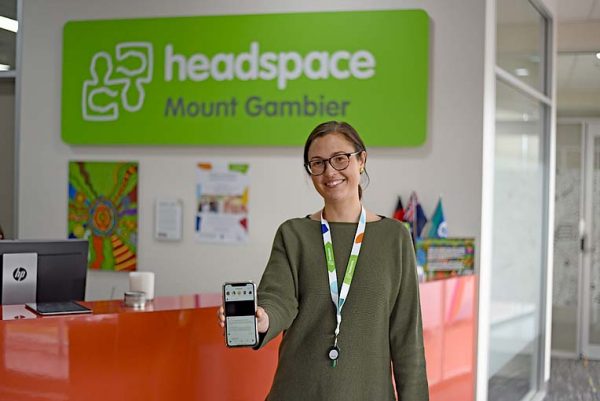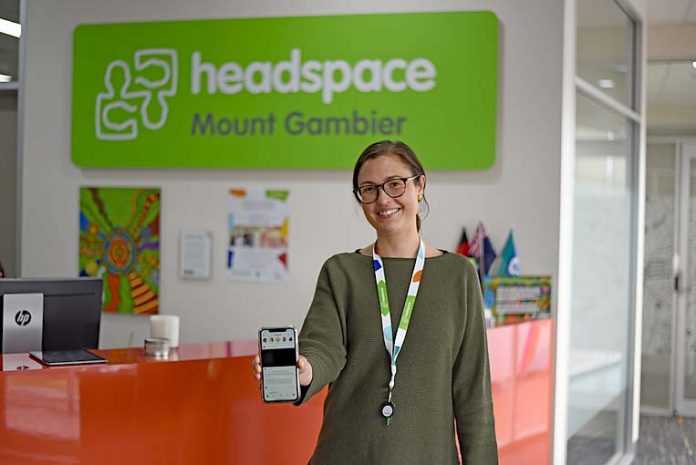
NEW data released yesterday from headspace reveals nearly two thirds of young Australians believe the mental health of young people is getting worse, with 37pc of respondents stating social media was one of the leading contributors.
Expectations from school, family or community and work or study pressures were also highlighted.
headspace community liaison worker Mikarla Papini said all of the clinicians working at the Mount Gambier office had clients who struggled with the pressures of social media.
“Whether it is getting left out of different events or cyber bullying, it all impacts young people in our centre,” she said.
“It is something that we deal with on a weekly basis for young people in our region.
“I think young people do recognise that it is an issue, but it is really hard when everyone is on social media to take a step back.”
Platforms like Facebook and Instagram have recently taken positive steps towards improving mental health issues arising from social media with the removal of the number of “likes” on posts.
This aims to help reduce the fixation on the popularity of a post but instead post something because they want to.
Ms Papini welcomed the changes and hailed them a step in the right direction.
“We welcome any small changes like that, that can help,” she said.
“Often young people spend too much time on social media, which is then where it impacts their mental health, especially if they have pre-existing anxiety or depression or other mental health issues.
“So instead, we encourage them to take a step back and take note of how much time they are spending on social media so they can focus on other positive ways of managing their mental health.”
The research announcement coincided with National Headspace Day, with this year’s theme surrounding a healthy headpsace.
Ms Papini said headspace’s seven tips for a healthy headspace included tips to better use social media.
“We promote that face-to-face contact which is so important,” she said.
“We also encourage a good sleep routine – so this might mean leaving your phone in another room to reduce the temptation to use it late at night.
“It also includes just focusing on being active and taking a break from using your phone throughout the day.
“I think it is tough for young people to be brave and not use their phone when everyone else is, but all it takes is a few people to take a step back for more people to get on board.”








